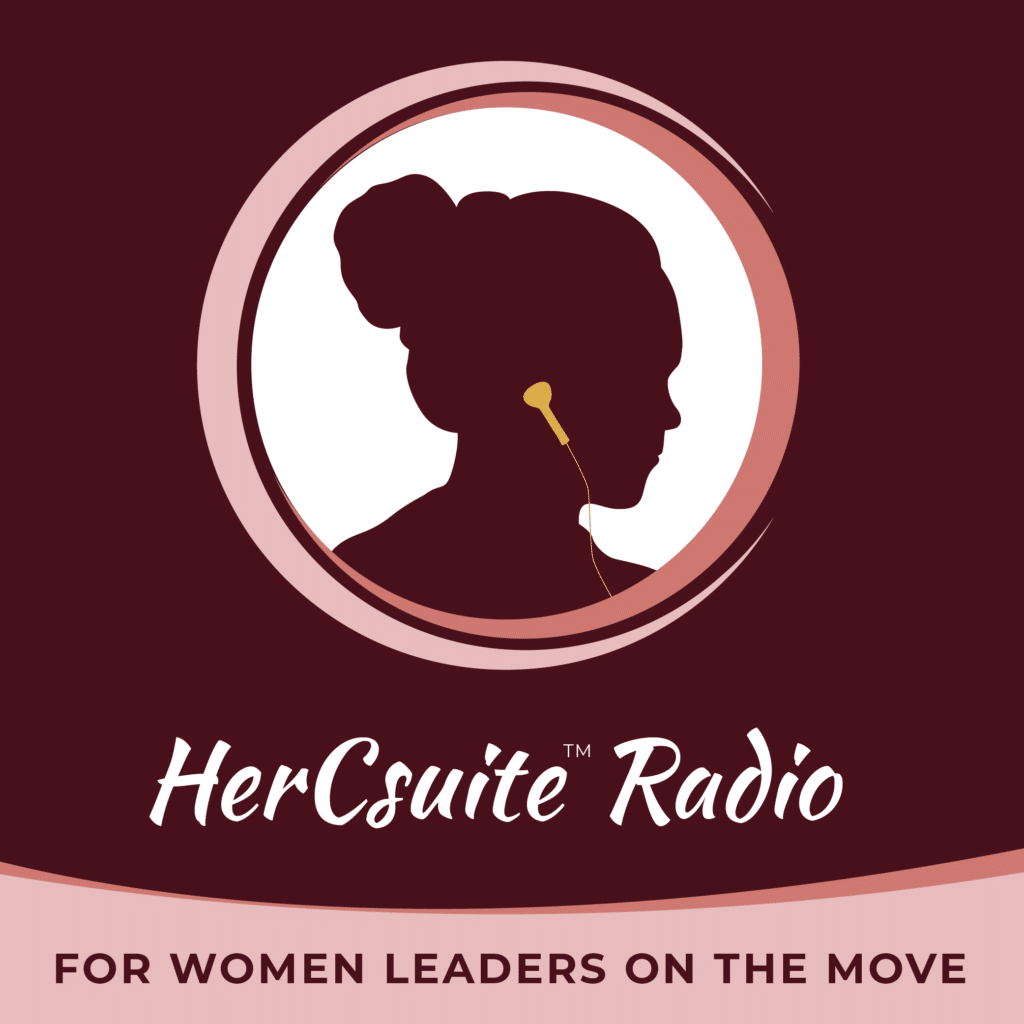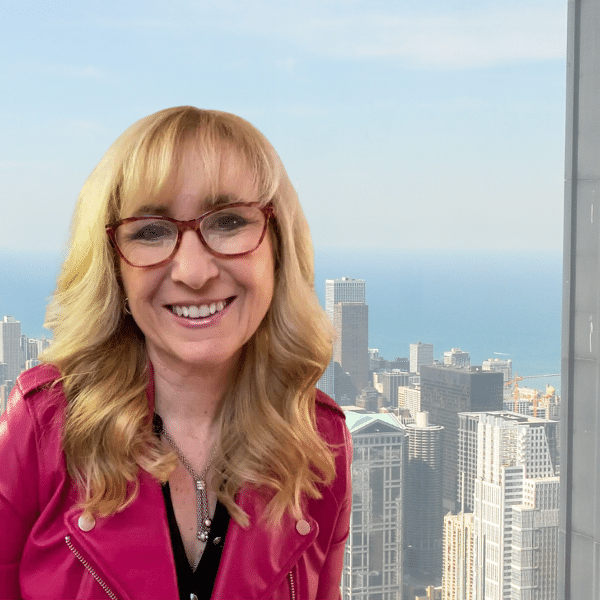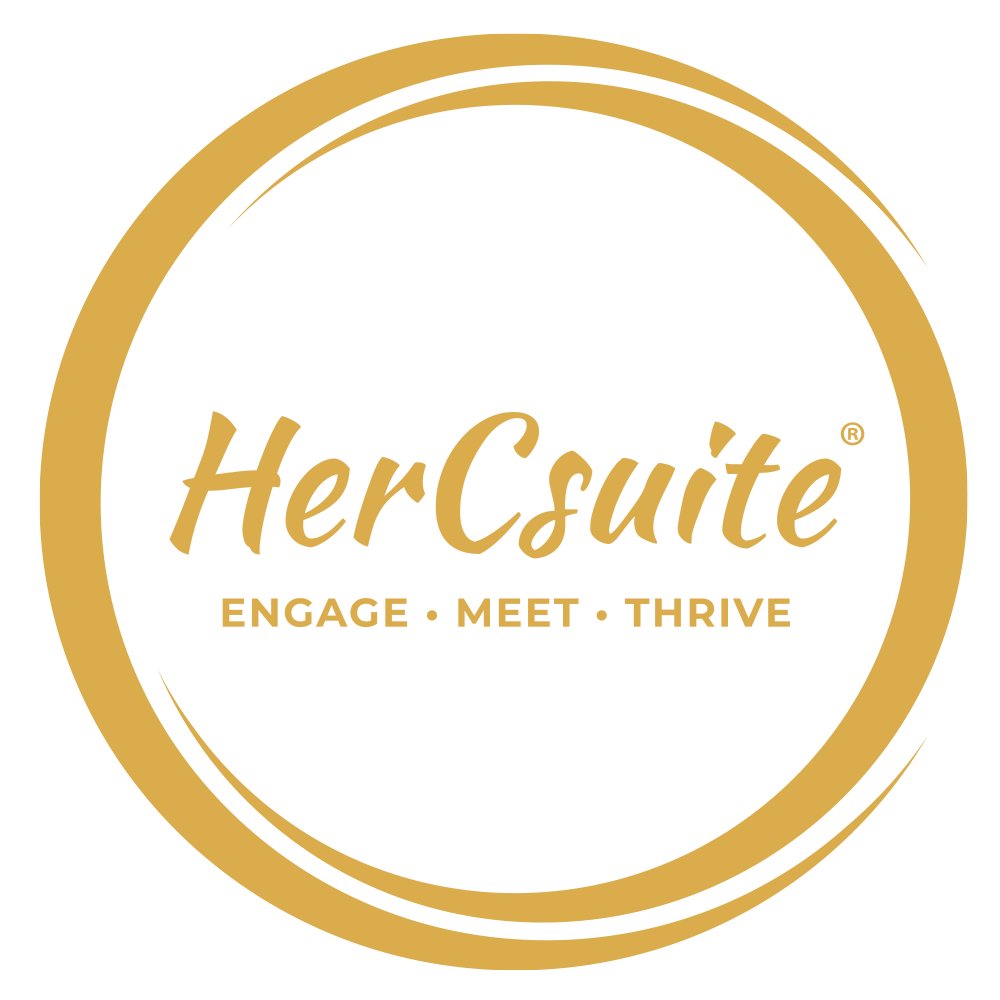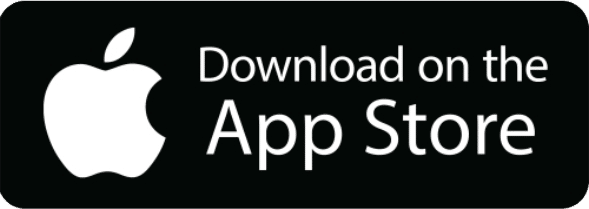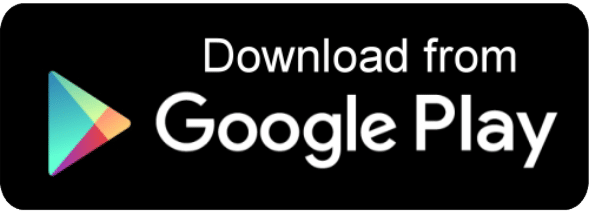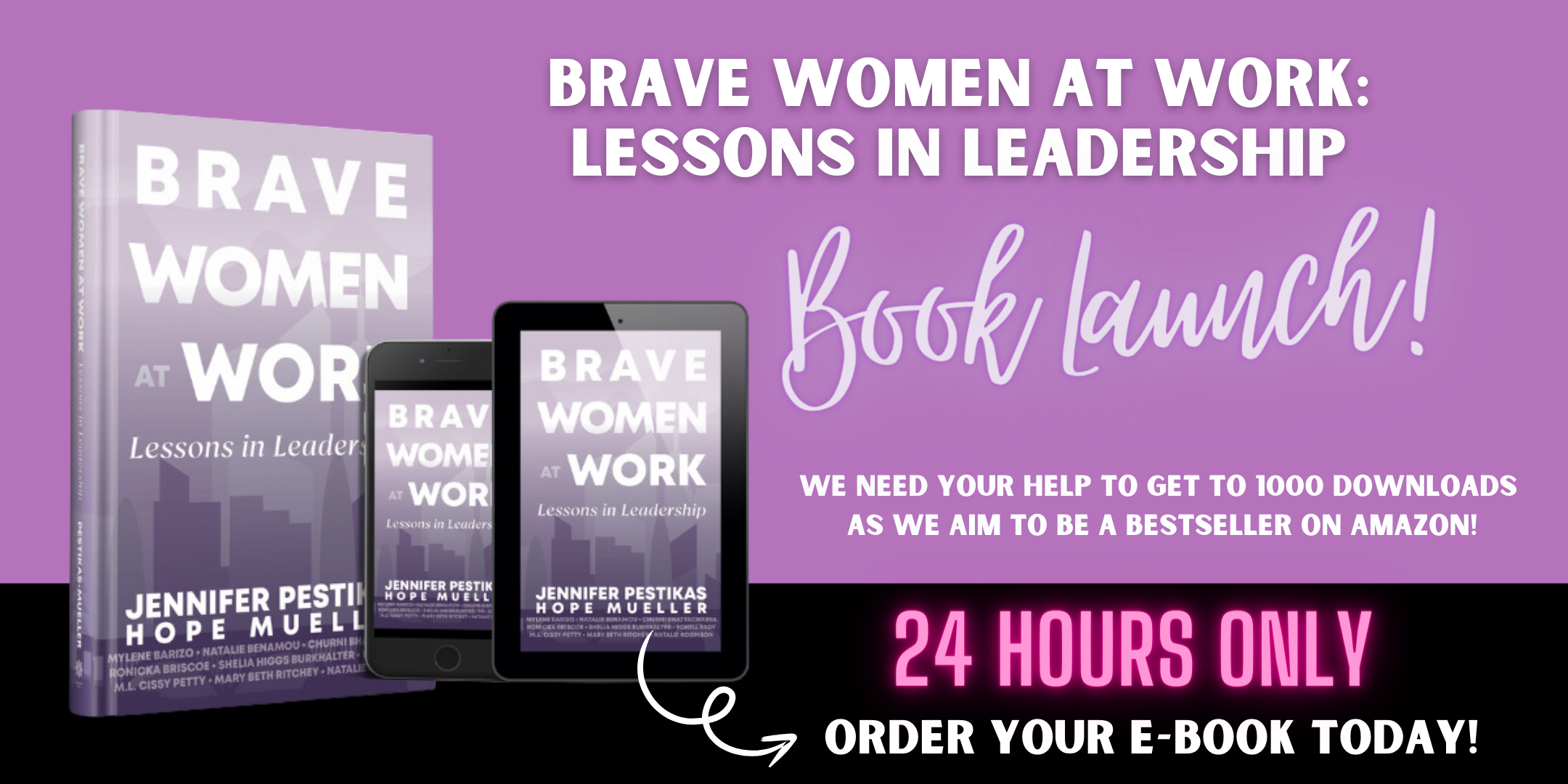Kindness Is A Key Component To Inclusion With Raquel Daniels, Vice President And Chief Diversity, Equity And Inclusion Officer
Leaders of Diversity Equity and Inclusion and employees together can contribute to creating an inclusive culture and it all starts with being kind to others. In this interview with Raquel Daniels, Vice President and Chief Diversity, Equity and Inclusion officer at HCSC talks with host Natalie Benamou about her career journey and making an impact.
Raquel Daniels believes that kindness is one of the key components to diversity, equity and inclusion. She discusses what equity truly means, how inclusion happens at the organizational level, and how simple acts like saying ‘Hello' can have a ripple effect on the world around us.
Join in and learn how your act of kindness will have a big impact on the world.
Everything Starts With Kindness
- How do we create space for people to be authentically who they are?
- It starts with a handshake.
- The little things is a really big deal. We take it for granted.
- The opportunity begins with ‘Hello'.
3 Ways To Create an Inclusive Culture
- Say Hello: It is a big word that really makes people feel you care.
- Ask What is Your Experience? Be curious about people you encounter.
- Say Good Morning: You never know how that will lift someone up.
“How can I serve and create relationships with people who are underrepresented. How do I form human connections that are mutually beneficial? It is all about the nuance to really think about we understand people's unique circumstances.” – Raquel Daniels
4 Ways Leaders Can Ensure Everyone Feels Included
- When we understand there is a different a need and we incorporate it, an individual feels welcomed.
- Inclusion is going to be the super power for all leaders.
- The more curious we are, the more we strive, and get to know people.
- Leaders have the greatest opportunity to be thoughtful in the way we connect with our teams.
How To Move Past Hello
- Your Contribution doesn't have to be big.
- We each have the ability to impact others.
What Does The Future Hold? DEI is now a business pillar in organizations and it will lead to positive outcomes.
“Diversity Equity and Inclusion is for all of us…We continue to ensure the conversation to apply and broadening of the conversation. The goal of many organizations, is to have DEI embedded in their culture.”- Raquel Daniels
Join us on International Women's Day March 8th: For Our Embrace Equity Panel featuring Raquel Daniels: https://evt.to/aissaemsw
Thank you for spending your time with us. This show is sponsored by HerCsuite™ Circle 8 Leadership Development Programs. Learn which program is right for you on HerCsuite.com with a quick 3 question quiz right next to the Schedule a Call button. Gain a competitive advantage and help more women advance in every career phase. If you found this episode helpful, we would be so honored if you would share it with a friend or colleague. Keep shining your light bright. The world needs you.
Thank you Raquel Daniels for being a featured speaker and member of HerCsuite™.
—
Show Transcript:
Raquel, I'm so excited to welcome you. Thanks for being on the show.
Thank you. I'm so excited to be here. It's my pleasure.
I have had such a wonderful time getting to know you and having conversations with you. For our audience who may not know all the details of your career and the arc of your career, even where you went to school if you want to drop that in as well and I know that you had a conversation there, please share the arc of your career and what brings us to this moment.
It's so funny, you're right I did have a conversation with my alma mater. I am a graduate of the University of North Texas. I have been to the University of North Texas twice. I received my undergrad and my graduate degree there. My course or trajectory, the arc of my career, is interesting. It has not been a straight line. It's not been a ladder but a lattice.
I began my career in public service. I started as an investigator with Child Protective Services. From Child Protective Services, I found my way to the Dallas Housing Authority. From there, Southwest Airlines. At Southwest Airlines, I had the opportunity to lean into my career from a standpoint of advertising agencies and communications agencies. I found my way to Southwest again and then that led to HCSC.
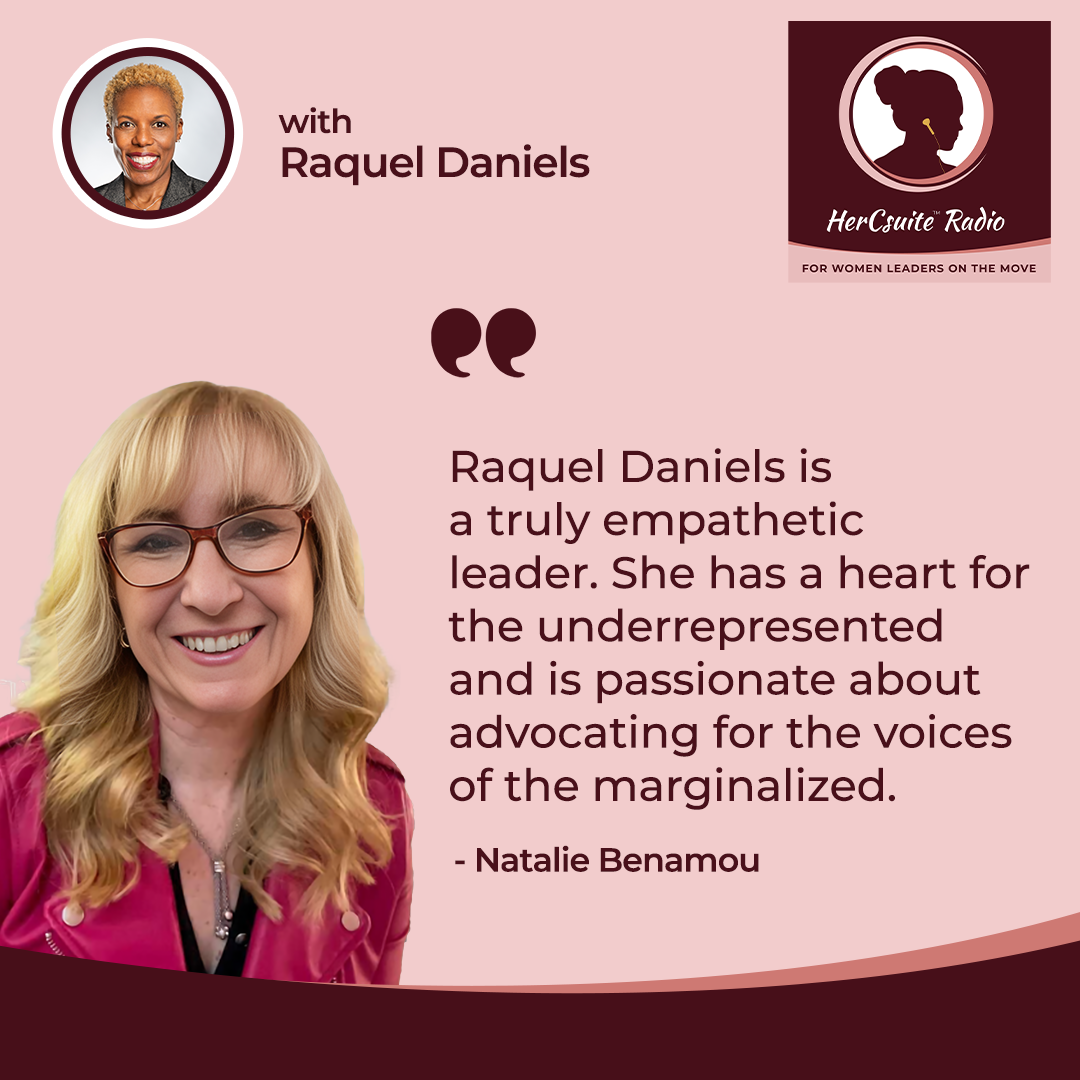
You can hear from this story, the trajectory or the arc is a winding road and a lattice. The thread that's always been constant from when I began my career was this thought, “How can I serve? How can I lean into helping?” That help looks different both for nonprofits, public service and also public organizations.
The constant has been ‘How do I create relationships with underrepresented audiences? How do I do that in a way that's sticky, relevant and resonates? Not only for the organization that I represent but from a standpoint of that individual.' That's been the main thread of, ‘How do I help people? How do I connect with people? How do I form those human connections that have mutually beneficial?'
I've found my way. It's gotten more exciting. It's something that I feel very connected to. I feel passionate about it. I'm resolved to do it. It's something that I do well. That's a little bit of the cliff notes about the arc. It has not been a straight line. Often in our careers, when you're in college or you're growing up, you think, ‘It's going to be step by step. One thing is going to lead to the next and it's pretty linear.' It has not been linear at all but it's been deeply connected.
One of the things that come to mind at the start of your career is the empathy component that you had to have developed in that difficult role. I can't even imagine how hard that must have been. Also, how rewarding advocating for those voices, the underrepresented and those children. You are a very empathetic leader. I'm wondering if that helped you on that road. How did that empathy piece flow through to where you are?
That brought it to bear a little bit differently. I've always been a reader. I've always loved stories. One of my favorite authors is Maya Angelou. One of my favorites would be Richard Wright. It was like, “When I grew up, I wanted to be Barbara Jordan.” The thread that you hear there is you would read these stories that lean into the complexities of life.
What I learned in a very deep way or personal way when working for Child Protective Services is that life and how life unfolds can be interesting. At the core, people are people. We tend to think that because you come from a certain place, live in a certain house or do a certain role for your career that you're different.
It's the humanness about people wanting to take care of their families and do well. Often, they don't know how. They haven't been given the opportunities. They don't have the resources. There are many factors why we see situations in the way that we see them.
At the time, it was about being very young and finding myself in very interesting moments. I don't think you get over removing someone's child. Having that as a part of your job, that's a very difficult thing. The goal would be to reunite and keep families whole but there are so many reasons. That began to teach me that life is complex.
We can have many different views and judgments about things. Sometimes they may be valid but we have to pull back the layers to understand if one would say that they're true or if they're cemented in the way that we might have thought them to be. It was a good lesson. It formed, in many ways, who I am and how I think about certain things. I like to ask the question, “What else can be true?” That taught me to begin to ask those questions.



“What else can be true?” That is such a very compelling question. You mentioned Maya Angelou, one of my favorite quotes of all time is, “People will forget what you said. They'll forget what you did but they'll never forget how you made them feel.” I'm sure asking that question made people feel and still does make people feel heard. That's so important. In a recent conversation, we were talking about what it looks like to have equity and the word equity. You had said to me, you don't think it's fairness, it's about impact. I am so curious about understanding more about that and what it means to you.
What equity means to me, even in my space, I continue to evolve because I've had to do the work and understand as well. There's a nuance. Equity and equality are often interchanged. Equity, in my mind, is about access. How did I create access? How did I create the opportunity for the individual need to be met so that it becomes an equal or a level playing field?
Equity is not about fairness. It’s about impact. Share on XEquity is about, “Did I, did we, did society create an opportunity for you to gain what you need to be on that level playing field?” You often see the boxes of each person being built up to a certain level that they can see over a fence or something like that. If I give you what you need to lead to a positive outcome in a situation, that may look different than what the other person needs.
On the surface, someone may say, “It's not fair that you received X.” It is in a way because I was able to give you what you needed that may look different from what I needed to get us all on that same level and be able to play in a way that would be considered fair or equal. It's the nuance. I heard an example and it is not my own but it illustrates it very well.
If I am at an event and I bring everybody lunch, then that is fair and equal. If you told me that you had an allergy or there was something about the lunch that you can't eat, that would be inequitable because I didn't give you what you needed. I was fair but everybody did not get what they needed. Therefore, everybody cannot eat.
When you place it that way, you think about the goal is that not only did everybody get lunch but you want the individuals that have food allergies or have whatever to be able to get what they need so that they all enjoy it, are able to participate, lead to a positive outcome and everybody's included. It's the continued opportunity for me and all of us to do the learning to understand the nuance in that. The complexity leads us to think about how do we ensure that we understand the nuance and the fine-tuning of those words.
That inclusion piece is so critical and part of that equation. You were with us in our conversation about inclusion with Dr. Gena Cox. We were talking about that. It is so important to the culture as well. I'm glad that we're having this conversation. I'm thinking about how leaders can ensure that that sense of belonging and inclusion is part of the culture.
It is so important for everyone in that room that's getting the different lunches to feel like they're still part of the whole. Sometimes if you give someone with an allergy, they might feel self-conscious that they got that. I'm continuing with your visual but that's what I'm thinking of. It's like, “I have a lot of food allergies that resonated with me.” They'd be like, “How come?” As leaders, how can we ensure that as you are making those adjustments people feel included?
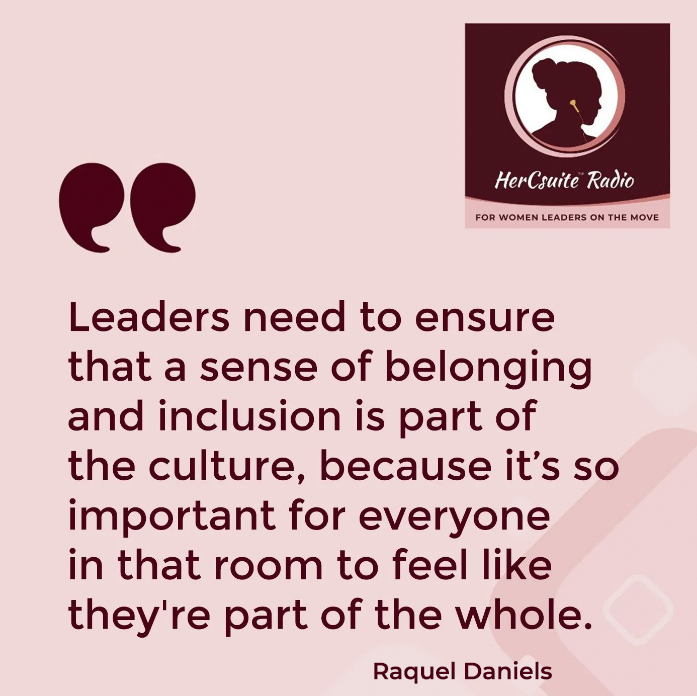


It's the little things. None of us are perfect. First of all, it’s not just because you are a leader or you know the topic or the thing. We still are a constant work-in-progress. Maya Angelou's quote is great for both of us. As an inclusive leader, the charge is in the little things. It is the assuredness, the conversation, the hello or the understanding of that need.
Using the lunch analogy, we understand that there's a different need. We'd lean into, not over inflate or make a big deal about the need but we incorporate it. That allows that individual to be seen, heard, valued and welcomed. We don't have to make a big like, “Tell me about your lunch,” and then it becomes the whole focus of the conversation.
I have a son who has food allergies so I'm very thoughtful about it. How did we package the lunches? Did we do all the lunches in a box? We have little labels on them. Every box looks the same and how we do those things. It's in the little things. When we do that and I reflect on it, it allows that person to know that they were thought of and they were seen.
As leaders, we are able to verbalize it or help set the tone and stage. That offers a covering or a channel into the inclusion and it makes it a lot less cumbersome. In inclusion, Dr. Cox said it so well. Inclusion is going to be the superpower for all leaders. It is one of the greatest opportunities. The biggest trend or the understanding that's coming in the diversity, equity, inclusion and belonging space is that inclusion allows us to turn up and down the dial.
Inclusion is going to be the superpower for all leaders. Share on XWe are a diverse population. We're all representatives. We're two women on this call and we come from different backgrounds. We have different things. You talked about something below the surface. I would never know that you had a food allergy. We can see and know things. The more curious we are, the more connected and the more we strive, in the words of Maya Angelou, to get to know people and help them know that we see them and feel them, that inclusive nature accelerates the true essence of what we're here to do from diversity, equity, inclusion and belonging.
That curiosity component stuck with me when she said that. A core piece of inclusion is being curious about the person to know, “Tell me more.” It's asking one extra question or not assuming that you know or don’t care to know. When you're curious, you find beautiful pieces of information that can help enrich the conversation. I love the curiosity piece of it.
It's curiosity. It's how we comfort. What do we think about the characteristics of continuous learning? How do we do those things that allow us to be in the normal every day of our going ons? It can be tough learning. Leaders have the greatest opportunity with everything on their plates for all employees to learn. Being thoughtful about not just getting the work done but the how in how we connect with our teams to be able to do that.
One of the key components also of that inclusion and about the little things is the kindness component. People think that it's difficult, it takes time or it's not convenient when it's a free thing that anyone can do. It's free to be kind. Why shouldn't we be kind and use that? I think about Jacinda Ardern, and she has a great documentary on Netflix about kindness.
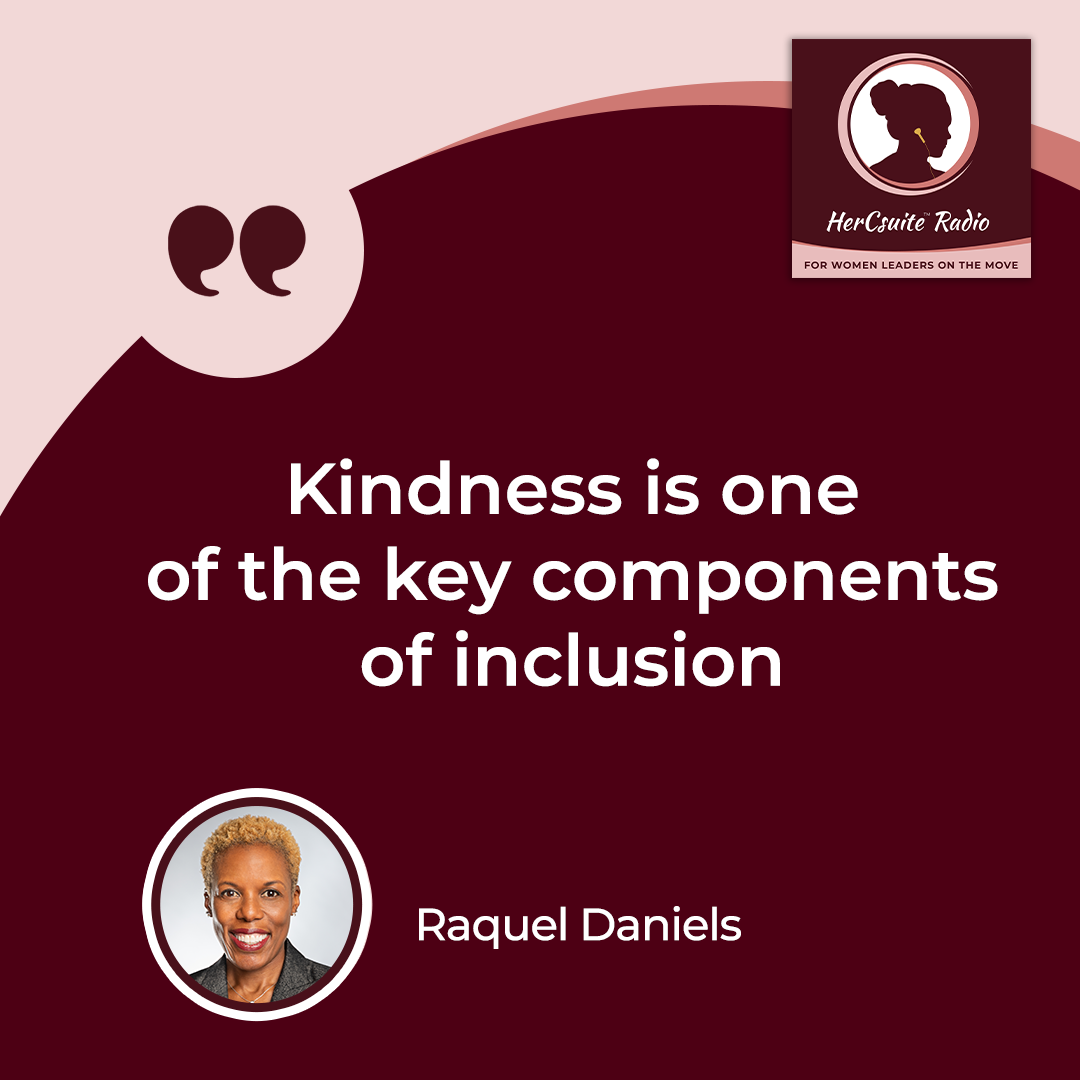


It's so good because she talks about empathy and kindness. She says “Just be kind.” Those words resonate. I know you do that. Sometimes people overlook it. What do you think about a good strategy for people to be reminded that you should lead with that instead of overlooking it?
I do think it's the little things. I have to tell a quick story. When I first met my husband, everybody said, “What do you think about him? What do you know?” His friends always described him as, “He's a nice guy.” I think about that and they say, “You're a nice guy.” I've been married for sixteen years. and he is a nice guy.
It’s his demeanor, his personality, who he is in the room and his space to give, his space to allow individuals to be who they are. I learn from him every day. That's one of the hugest things when you're speaking about your topic. How do we create space for people to be authentically who they are? It is in the little moments. I go back to the little things.
It is the saying hello. It is a smile. It is a handshake. It is, “Come in and sit down.” It is a pause to ask, “What is your experience? What is your thought? What do you think about this?” It begins with hello. Hello is a thing you learn at kindergarten. Hello is a big deal. In our hurried moments, the little things of saying good morning or hello are a big deal.
We take it for granted. We take it that the other person should know. I'm guilty of that also because you can get so hurried. You can stop at Starbucks, get your coffee and go. The opportunity to pause, not miss the moments or say hello or good morning is where it all begins. We hear stories all the time where people say, “That person that said hello to me stopped me from a tragic event. That person saying hello to me jarred me and made me think I'm different. I can be here.”
I don't think we know the impact that greeting can have or can begin in our homes and workplaces. We can all be guilty of the rush and unintended consequences. When it is shown to you that you didn't take the moment and that person didn't feel valued, then we have a continued opportunity to course-correct.
It's the ripple effect. It's the unseen ripple that you don't know what is happening as it goes out into the world. It keeps going to infinity if people keep passing on kindness. I've heard that there's a grocery store. You can opt to go in the lane where they have a conversation. People have been feeling so isolated and alone so you could opt to go in the conversation lane where you're going to greet the person. I call it Midwest-friendly because I'm in Chicago.
I have to tell you they're Texas-friendly too.
I agree, Texas too! When you describe Starbucks, I'm thinking, “If there was a lane in Starbucks where you're having that conversation and someone says ‘I'm so glad to see you. The sun is out,'” or whatever it is.
It's funny you bring up COVID and your ripple effect. I had an experience where we were all walking and there was a group of us but we were not a connected group. We're still not like, “Are you walking?” We were a connected group from where we were in our moments. It's because we would walk or run and see some of the same people that we would all stop and say, “My name is so-and-so. It's nice to see you,” or if you haven't seen someone in a couple of days.
What I learned from that was a reminder to me is even if you're on your Starbucks run, on your train or you have to work every day, you see people who are on the same course that you are. With those people, you become somewhat of a community. If you miss or don't see that person, you wonder where they are.
If we think about the little things, how can I work up from a head nod? How can I work up from a, ‘I know we're in this space, hi,' to ‘Hi, good morning. How are you? Hello, it's nice to see you?' We have these communities and paths. People see us and greet us. We think sometimes that community is this big thing or that our contribution to the world has to be a big thing.
My brother and I were talking about it and he's like, “Your contribution doesn't have to be big.” If you're wondering whom you impact or the value that you have, we have to look at the person next to us, across from us, the person that we left home or where we're going. We each have a huge impact and influence with this little thing and the kindness every day.
Don't miss it. Don't think that you don't have an impact. I don't think any of us get up in the morning to be the rub on anybody's day. I honestly believe that. We can get caught up in our moments and forget. We just don't see it but I don't think it's for a lack of that we don't want to see it. We're moving fast and we all get caught up.
I'm so excited for our panel together. People can sign up for our Embrace Equity Panel on International Women's Day March 8th. We'll be talking about all these topics that we've been sharing. I hope all of our listeners sign up.
My last and final question is about the opportunity. We've been talking and building towards this about the opportunity, whether it's kindness, inclusion or equity. Where do you see the future of DEI&B? Where can we continue this going forward?
I'm excited to be with an organization such as HCSC because they have such a strong commitment. They have been leaning in and leading the way for a very long time in diversity, equity and inclusion. The way for the industry continues to be in inclusion. It's exciting that the view in which we talk about it is not only from an inclusive space.
There are new ways leadership has accountability and a commitment to be inclusive, which will turn the dial and be the accelerant for diversity, equity and inclusion. I also am excited that DE&I is a thread and a business pillar. For us at HCSC, it is not an after thought. It is truly being thought of by many companies as being a pillar and a lever that will lead to positive business outcomes.
Those two together are the trend and the wave of the future. It has been a long in the coming. Organizations such as HCSC have been long committed so it is not new for us. We continue to enhance and refine. For other organizations that are leaning into it, those two key points are going to be the catalyst for what amplifies diversity, equity and inclusion.
Diversity, equity and inclusion done well is for everyone. We continue to sharpen that messaging about diversity, equity and inclusion, it's for all of us. When you think about all workplace flexibility, working parents and dimensions of diversity, we can continue to ensure that that conversation is broad. It is people of color, gender, race and ethnicity but it is also LGBTQ+, veterans, persons with disabilities and working parents.
Diversity, equity and inclusion, done well, is for everyone. Diversity, equity and inclusion is for all of us. Share on XThere are continual lenses that we can apply. The broadening of that conversation is what's fascinating. The goal of many organizations is to ensure that DE&I is embedded in all of their practices and processes. When that is done, it leads to the outcomes of inclusion, welcoming and belonging that we're looking for.
I'm so excited about our program and I'm grateful to you for spending this time with me and shining your light. These topics are so important. I can't wait for our audience to hear this episode and read the transcript. Thank you for being here.
Thank you for having me. I love the connections that we've had. I'm also pumped to be on the panel and spend time with the other panelists. It's the first day leading into Black History Month. I'm very excited to have the opportunity to be in the conversation in acknowledgment as well. Thank you for your time. I appreciate it. It's been fun.
Thank you.
Important Links
About Raquel Daniels
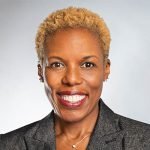


Raquel Daniels Vice President & Chief Diversity, Equity, & Inclusion Officer Culture | Diversity & Inclusion | Employee Experience | Leadership Development & Integration | Minority Representation | Career Progression for Critical Talent | People Systems & Processes
Natalie Benamou
Founder, CEO
HerPower2, Inc, | CGO HerCsuite™ | Podcast Host HerCsuite™
Natalie founded Herpower2, inc. to create products under HerCsuite™ to empower women to make a lasting impact today and into the future. She takes a ‘serve first’ approach to life and has applied this principle throughout her career, serving in leadership positions in business as well as non-profit organizations.
Share this story:
HerCsuite® is an official product of HerPower2 Inc. | all rights reserved – Privacy Policy – Terms & Conditions

